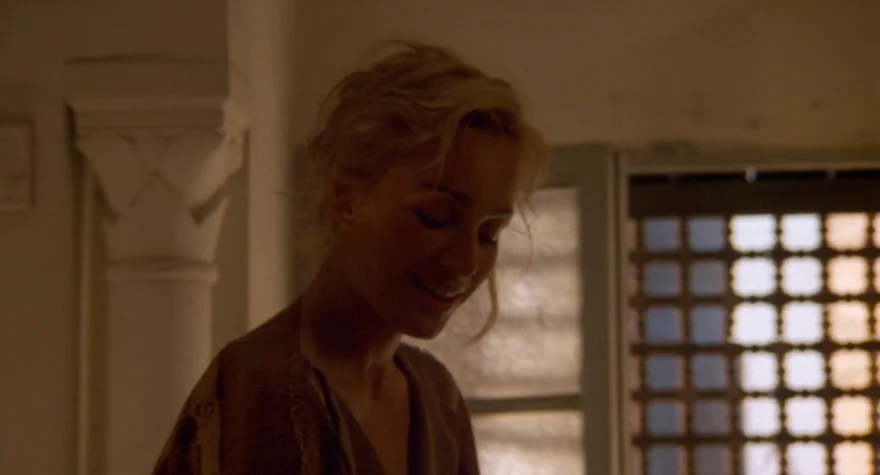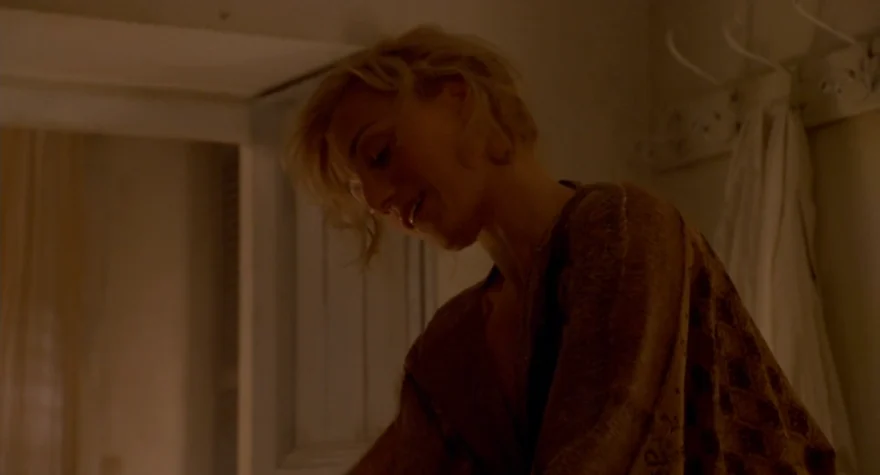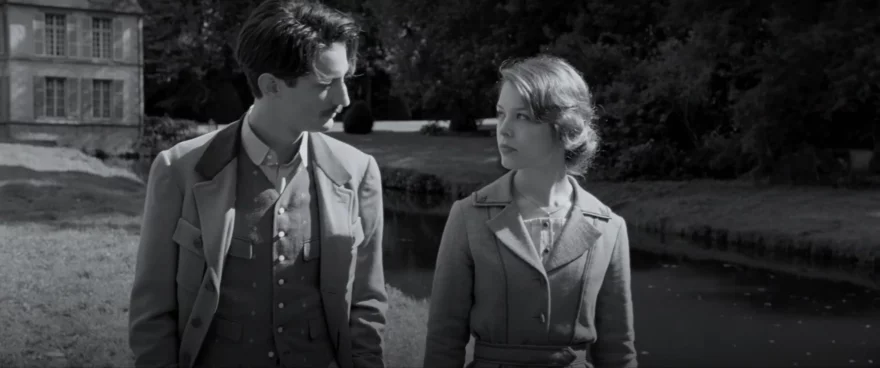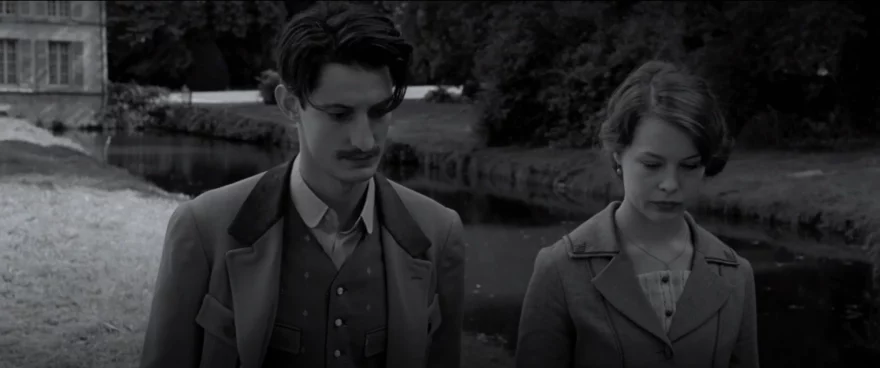
— When were you most happy?

— Now.

— And when were you least happy?

— Now.
The English Patient (1996), realizado por Anthony Minghella.


— When were you most happy?

— Now.

— And when were you least happy?

— Now.
The English Patient (1996), realizado por Anthony Minghella.
O silêncio deve ser considerado, e julgado, em termos morais. Não nos é dado a escolher sermos felizes ou infelizes. Mas é preciso escolher não sermos diabolicamente infelizes. O silêncio pode atingir a forma de infelicidade fechada, monstruosa, diabólica; tornar murchos os dias da juventude, tornar amargo o pão. (…)
O silêncio deve ser considerado, e julgado, em termos morais. Porque o silêncio, como a acídia e como a luxúria, é um pecado.
—Natalia Ginzburg, As Pequenas Virtudes, Silêncio, Relógio D’Água 2021 (1972)

— Queria não sentir mais nada. Deixar de me sentir infeliz. Mas… Era um sentimento egoísta.

— Temos de viver também para os outros.
Frantz (2016) de François Ozon.
The basic key to their findings whether the event matches expectations. What is more, the expectation of an event matching your expectation alters your level of happiness in anticipation of the event itself… that is, until you actually experience it. It’s in the anticipation of an event that happiness itself often lives. This is because dopamine — a neurotransmitter in the brain correlated with positive feelings, among many other things — spikes in anticipation of a positive event, and then decreases during the event itself.
—Beau Lotto, Deviate, Weidenfeld & Nicolson, 2018
(Trata-se de um estudo do University College London, sobre a previsão se alguém se vai sentir feliz ou não numa determinada situação.)